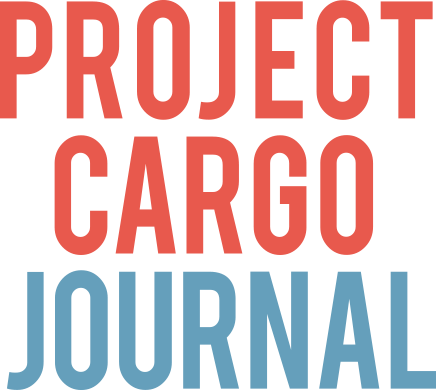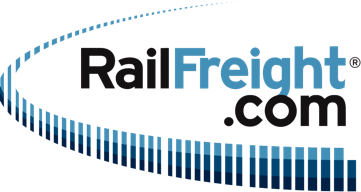Combined transport under pressure
NewsAs demand in Europe for cross-border transportation fell in 2023, due to the recessionary effects of high energy prices and the Ukraine war, rail-road combined transport also fell, and the situation was aggravated by rail network problems, states Hupac




